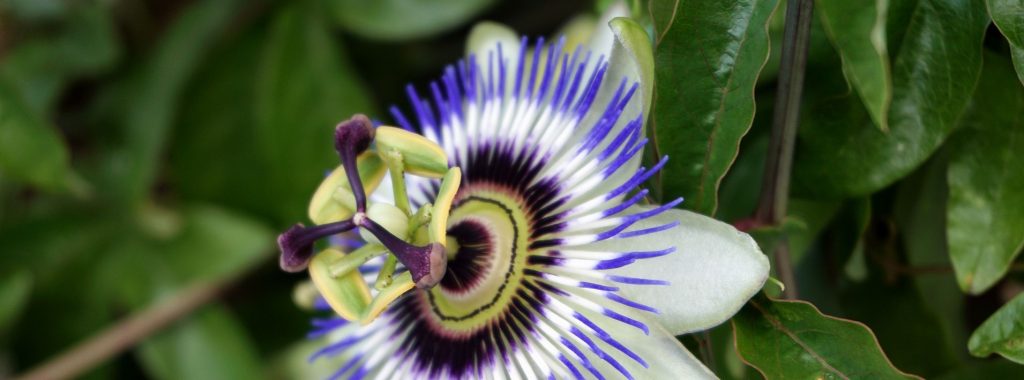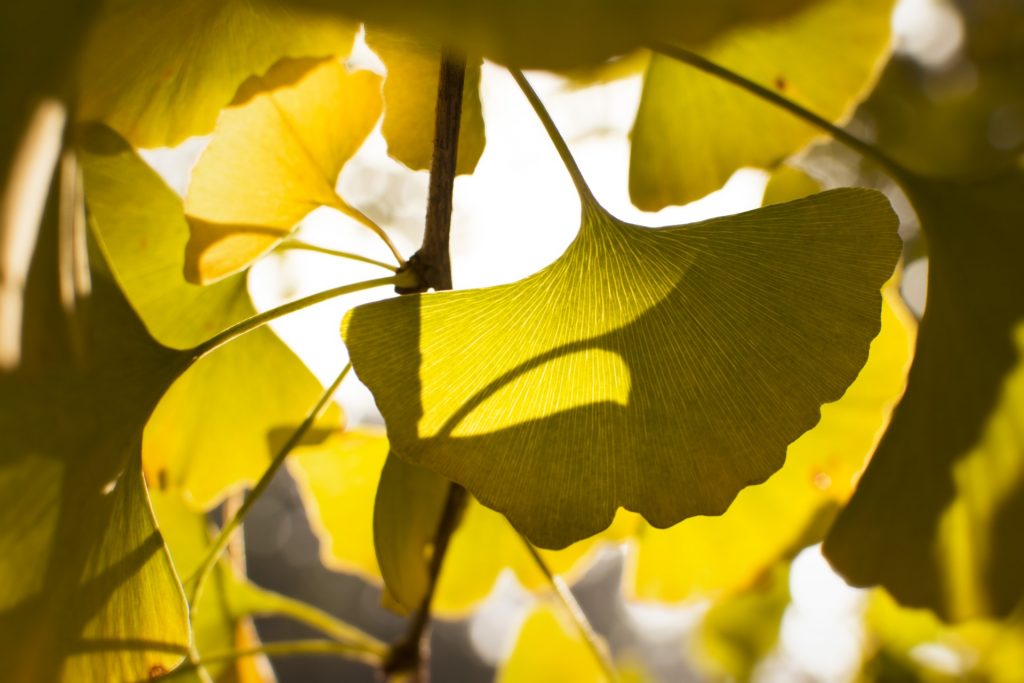Every year around this time, I get a little depressed. I think it has something to do with the changing light levels and the fact that summer is quickly drawing to a close. Soon, I’ll have to put away my beloved flip flops and tank tops in favor of shoes (ugh…) and long sleeved shirts.
Don’t get me wrong. I do love fall, like most everyone else. I’m always in awe of the trees’ last big show of color before they go to sleep for the winter. The crisp, cool air is a welcome relief from the stifling heat of late summer. Those long-season veggies are finally ready to harvest and it’s time to plant late-season cool crops, like spinach and lettuce.
This transitional period between late summer and fall is a good time to start preparing our bodies to be ready to fight off viruses and infections, as well as the dip in mood associated with the cold and lack of sunlight.
Our plant friends not only keep us healthy in the summer with their fresh fruits—their roots, berries, and leaves help keep us healthy all year round. Nervines, adaptogens, and circulatory herbs are especially helpful as we prepare for winter.
If you’re unsure of what you should take, please be sure to see one of the herbalists in your area. They are knowledgeable, well-trained, and highly compassionate individuals who know the power of herbal supplements to assist your body in staying well all year long.
Nervines
My favorite category of herbs is the nervine. Nervines are herbs that help support the nervous system. I tend to have lots of anxiety and tension in my body, so I rely heavily on the calming power of nervines. Here are a few of my favorites:
- Valerian root – Although widely known to help with insomnia, it isn’t a sedative. It simply relaxes the body, which is helpful with anxiety that can lead to insomnia. Be forewarned that valerian root has an acrid smell, which can be off-putting. I take the capsule form for that reason.
- Skullcap – Like valerian root, skullcap is a calming herb. It helps relieve the tension and anxiety that often comes from a stressful lifestyle. My favorite way to take skullcap is in tea form. Not only do you get the calming effects of the herb, but sipping on hot tea is also highly relaxing.
- Passionflower – If you’ve ever looked at a passionflower (see below), you know that it’s flower is so mesmerizing that it can take your mind off whatever is bothering you. That’s also the power of the herb. It calms your mind when your thoughts are racing a million miles an hour. It’s another good herb for anxiety. I take it in tincture form or capsules when my mind gets wound up.

Adaptogens
Adaptogens are another category of herb that is becoming more widely known. Their magic is in their ability to adapt to whatever your body needs. If you need the relax, they help you relax. If you need energy, they’ll help you with that. If you need a boost to your immune system, there’s an adaptogen for that. If you want to start with only one herb, I would suggest an adaptogen. Here are a few good ones:
- Schisandra berry – Also known as the five-taste herb, because it’s sour, sweet, bitter, warm, and salty, schisandra is known in Chinese folklore to “calm the heart and quiet the mind”. It’s used to help with fatigue and increase endurance as well as combat stress.
- Rhodiola root – Rhodiola was discovered in Siberia. When plants grow in those kinds of harsh conditions, they develop into strong plants that can withstand great stress. For that reason, rhodiola makes a great herb to support the body in times of stress and helps keep the immune system functioning well.
- Eleuthero root – This root is widely used in Traditional Chinese Medicine to invigorate the Qi and balance energy. Although not of the same family as American ginseng, it’s known as Siberian ginseng because it helps boost energy and enhance the immune system in much the same way.
Circulatory Herbs
When winter comes, everything slows down, including our circulatory systems. Slower circulation causes cold hands and feet and makes our immune systems work less optimally. Two good circulatory herbs are:
- Hawthorn berry – Best known for its ability to regulate blood pressure, hawthorn berry may also help with lower bad cholesterol and is loaded with antioxidants.

- Gingko – With its ability to support a healthy circulatory system, it is believed that gingko may be helpful in treating vascular issues such as dementia, vertigo, and leg pain due to poor blood flow.
Of course, these are just a few of the many herbs available. While the FDA is currently testing the efficacy of herbal supplements, anecdotal evidence suggests that herbs may assist the body in keeping itself well, as well as complement some of the medications used in Western medicine. Please be sure to see a qualified practitioner before using any herbal supplements, especially if you are pregnant, nursing or taking any medications.
